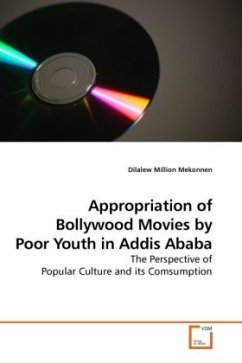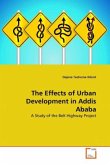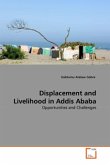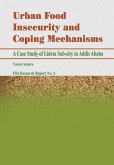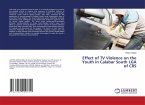Ethiopia, as part of the world-wide trend of influence brought about by globalization, is subject to a situation marked by the increased flow into the country and consumption by the local audience of foreign-produced media and cultural products. This study, in particular, attempted to examine the web of meanings that arises from the viewing of Bollywood amongst Ethiopian youth.The findings of the study show that local audiences in their interaction with media messages produced in settings far removed from theirs, actively interpret them in light of the subjective values, aspirations andconcerns within their lives, which appears to be contrary to the premises of the media imperialism thesis. The notion of homogenization fails to accurately describe the consumption of foreign media messages by local audiences. The study also shows that the coming into the picture of such regional media images as produced by nations like India raises the question whether media/cultural imperialism thesis is adequate in terms of explaining the overwhelmingly complicated global exchange and transfer of cultural materials.

